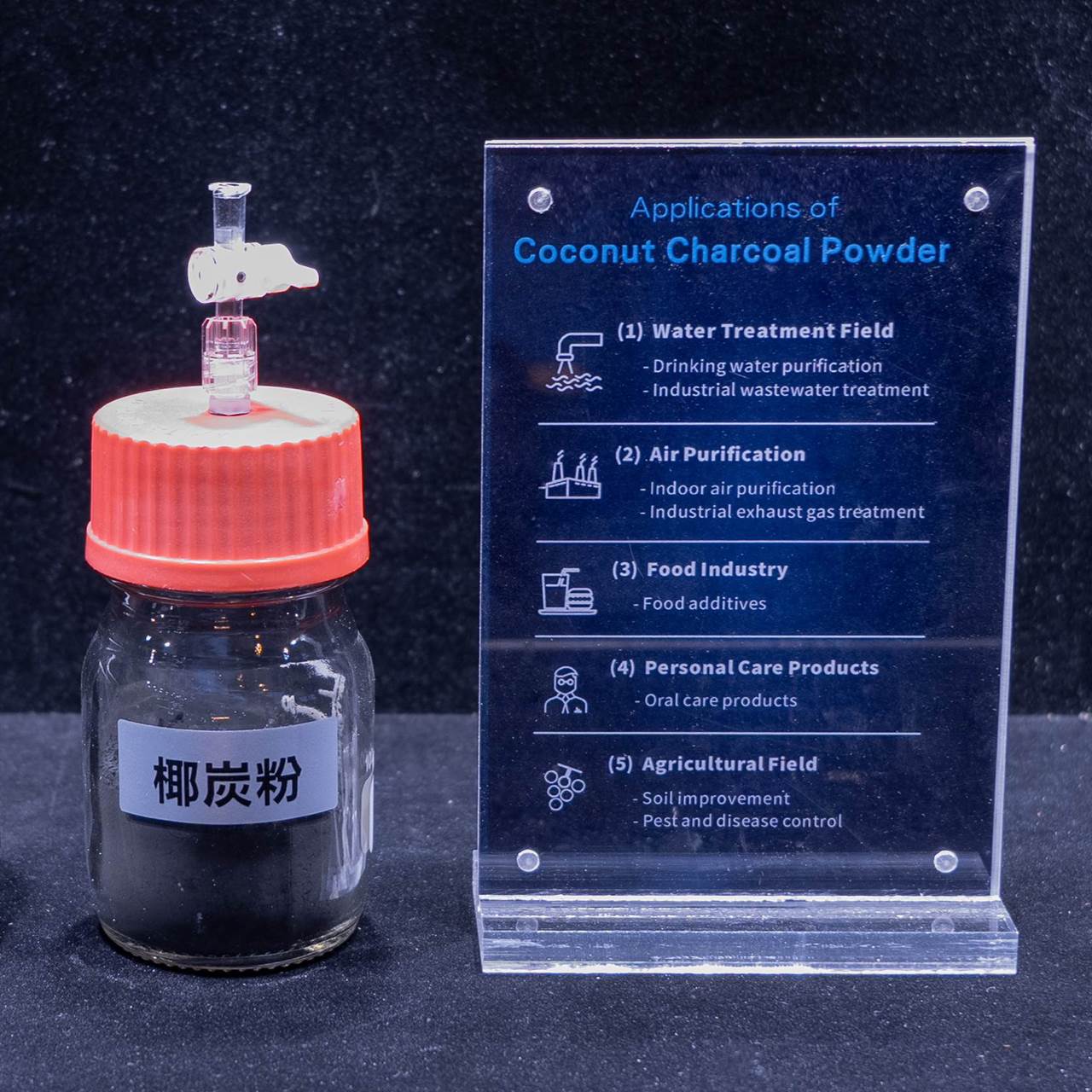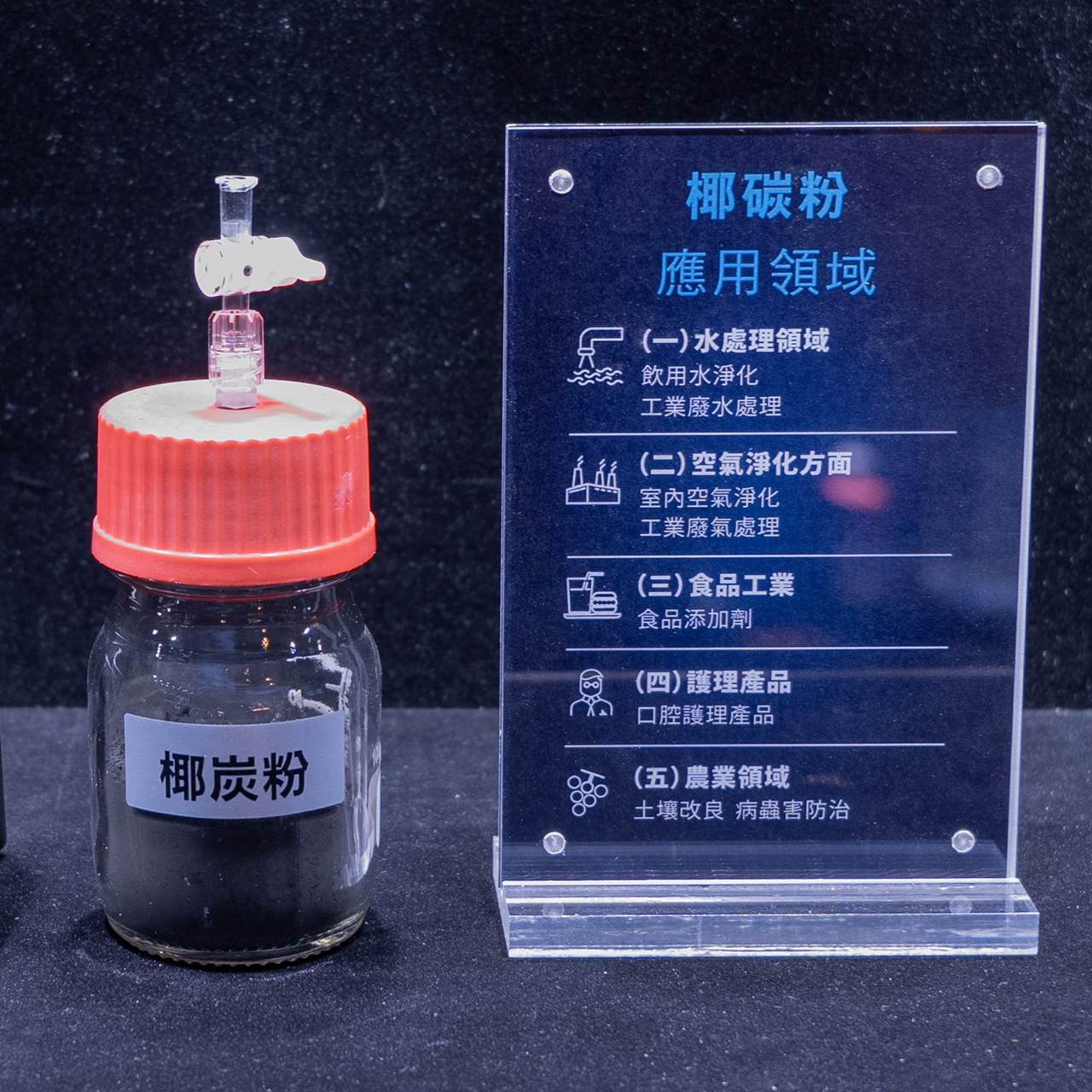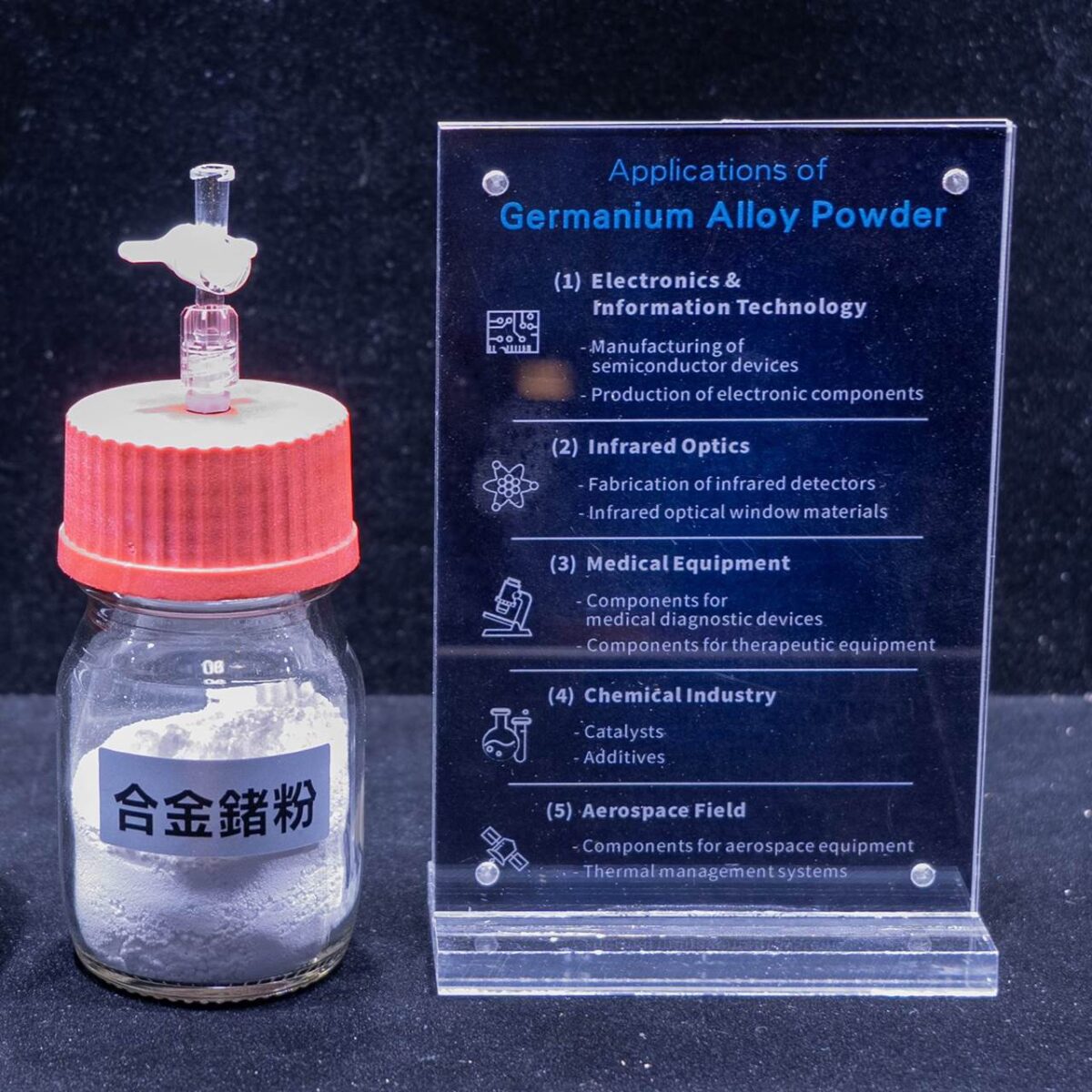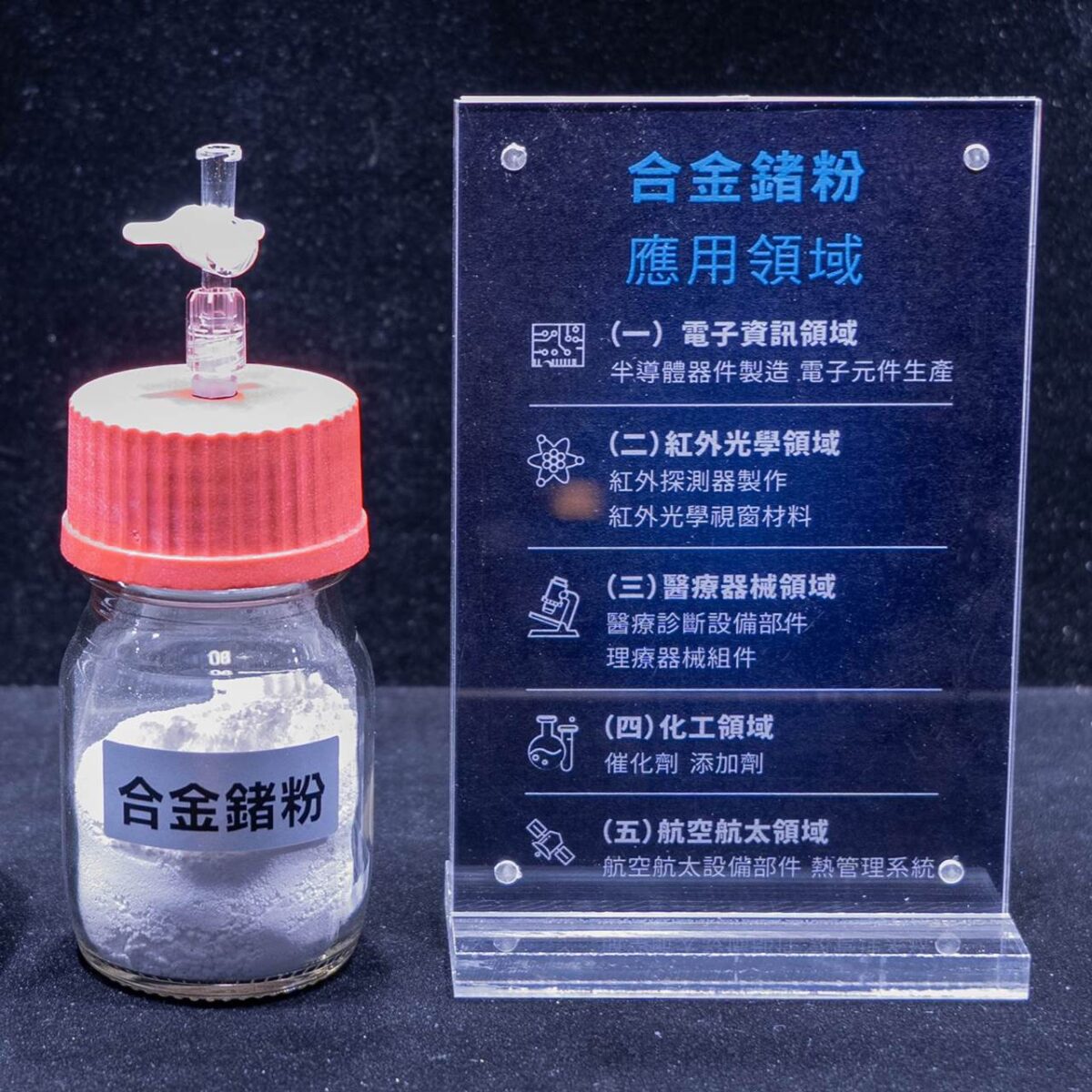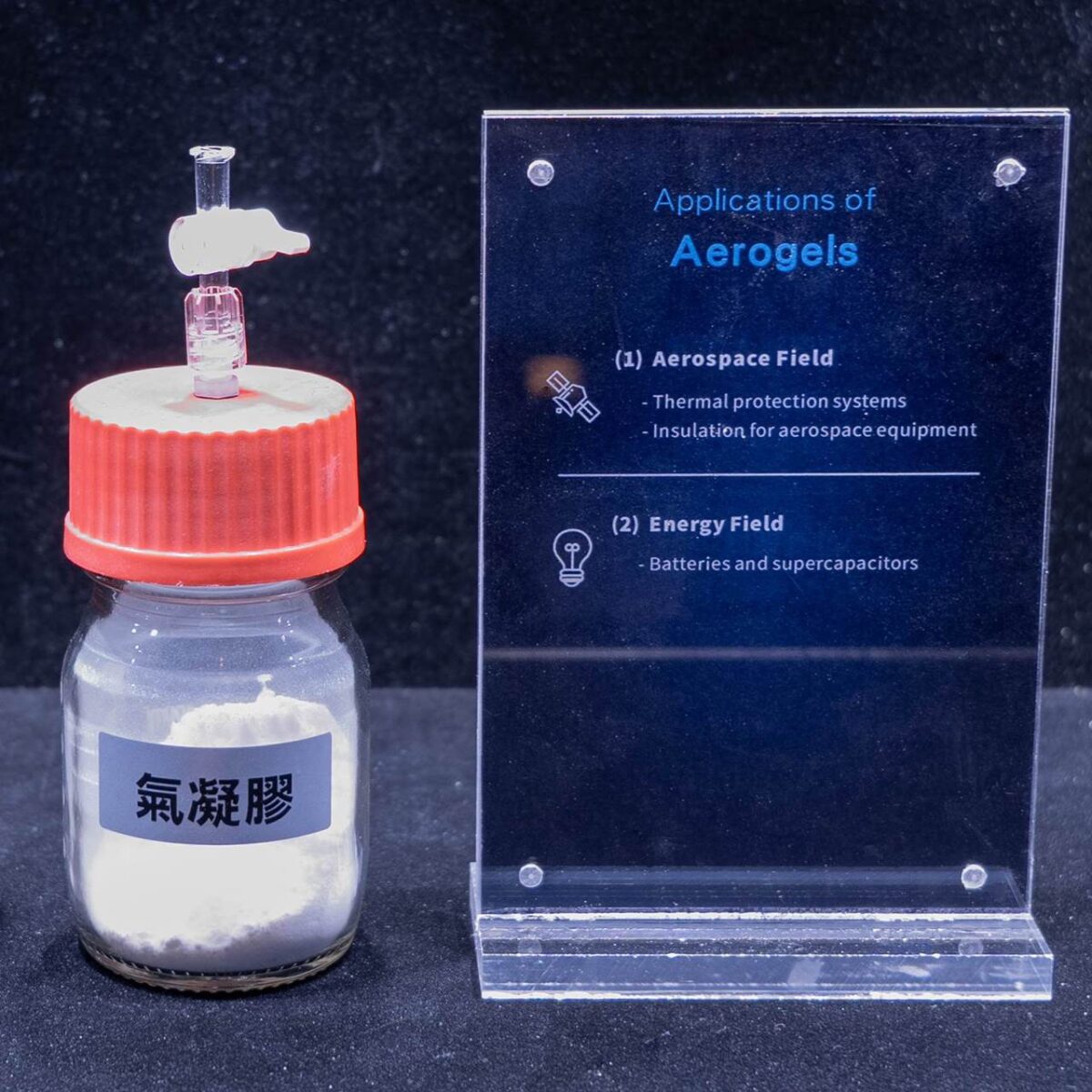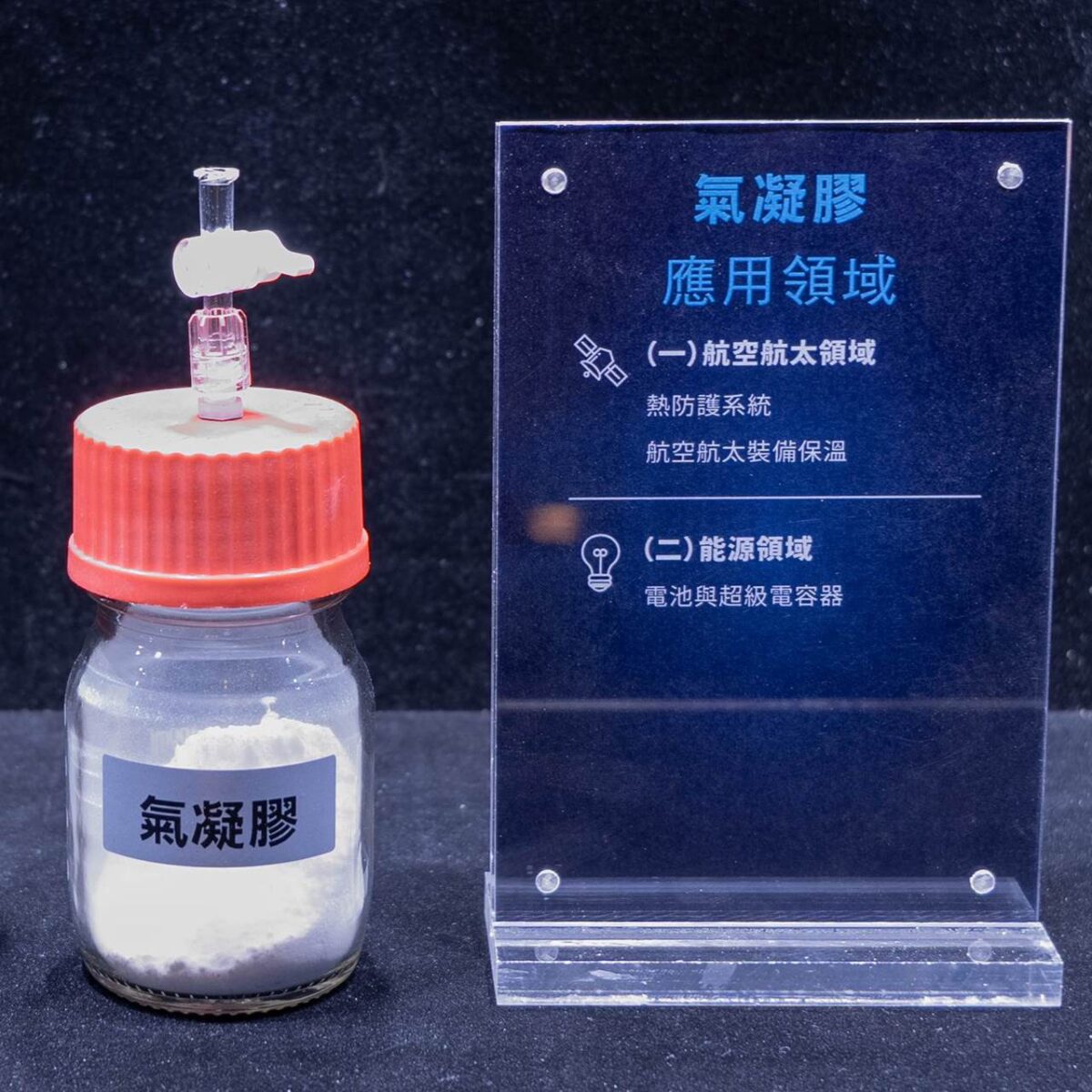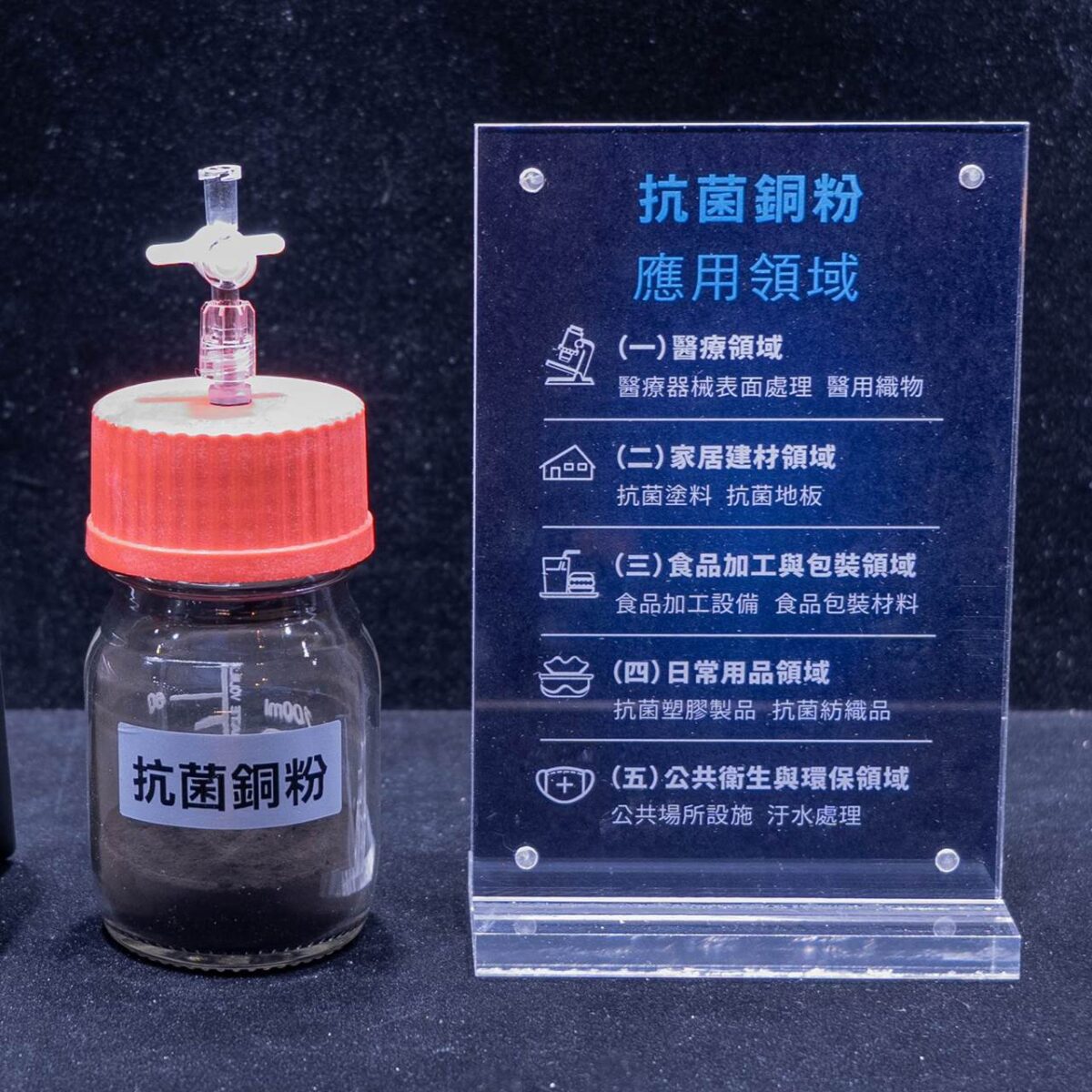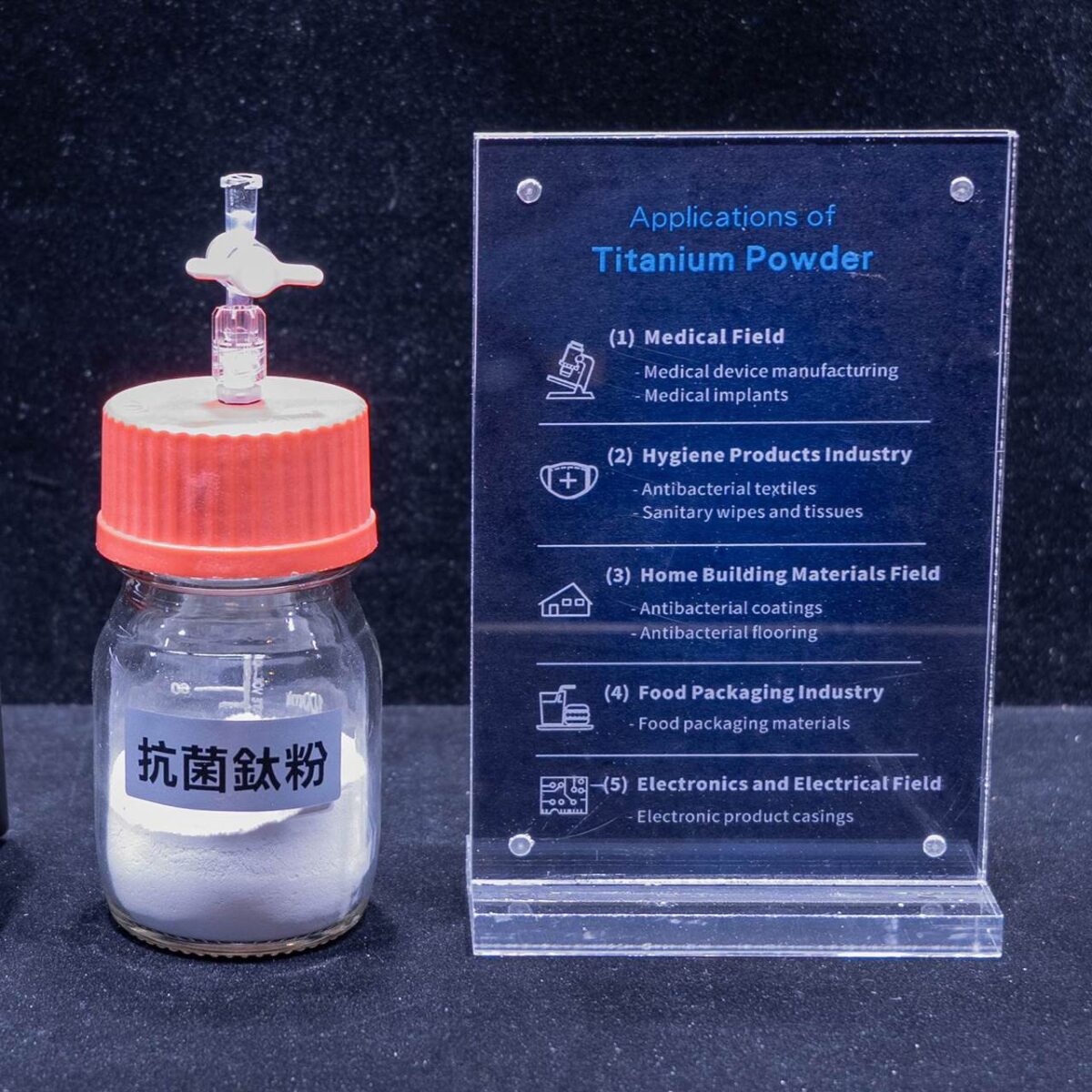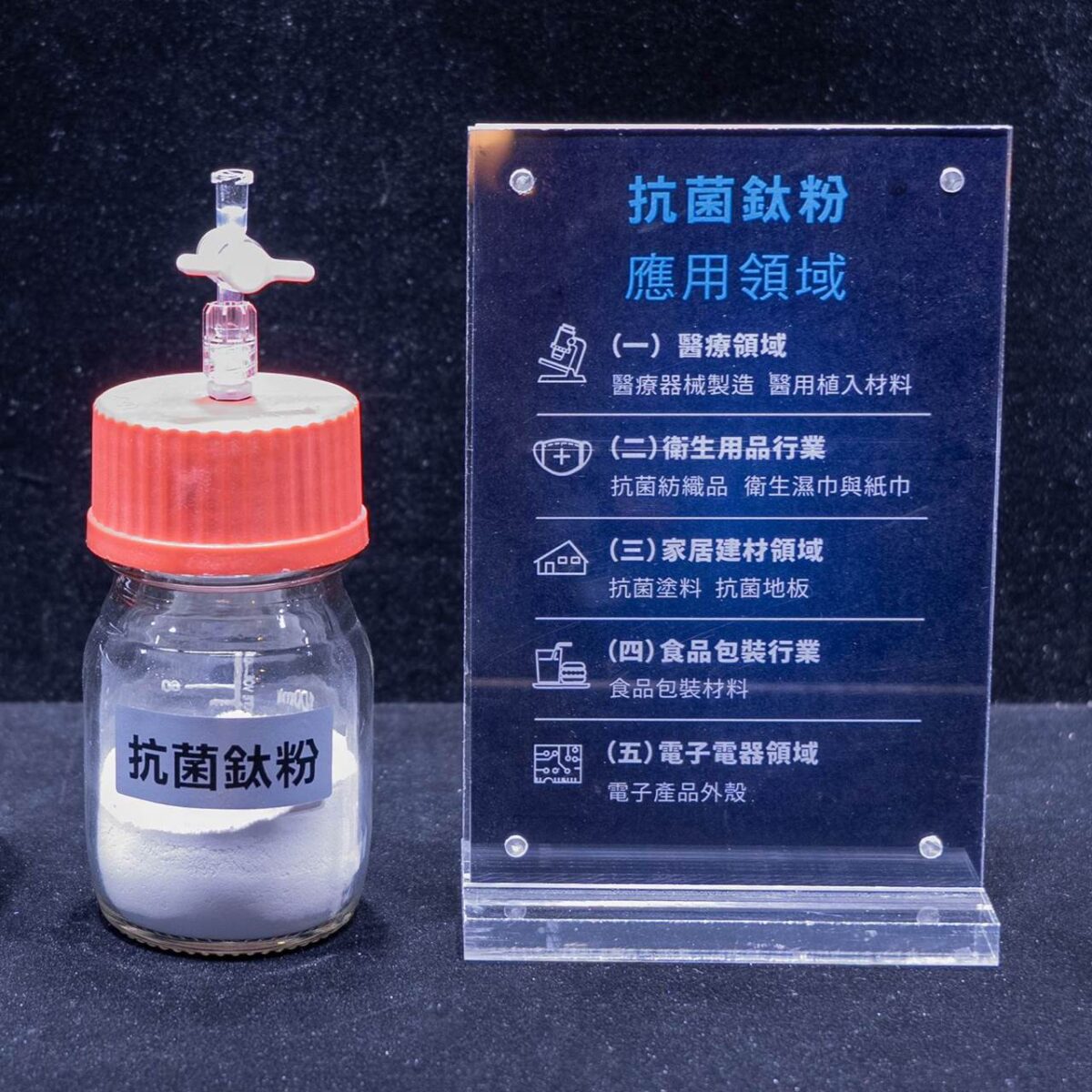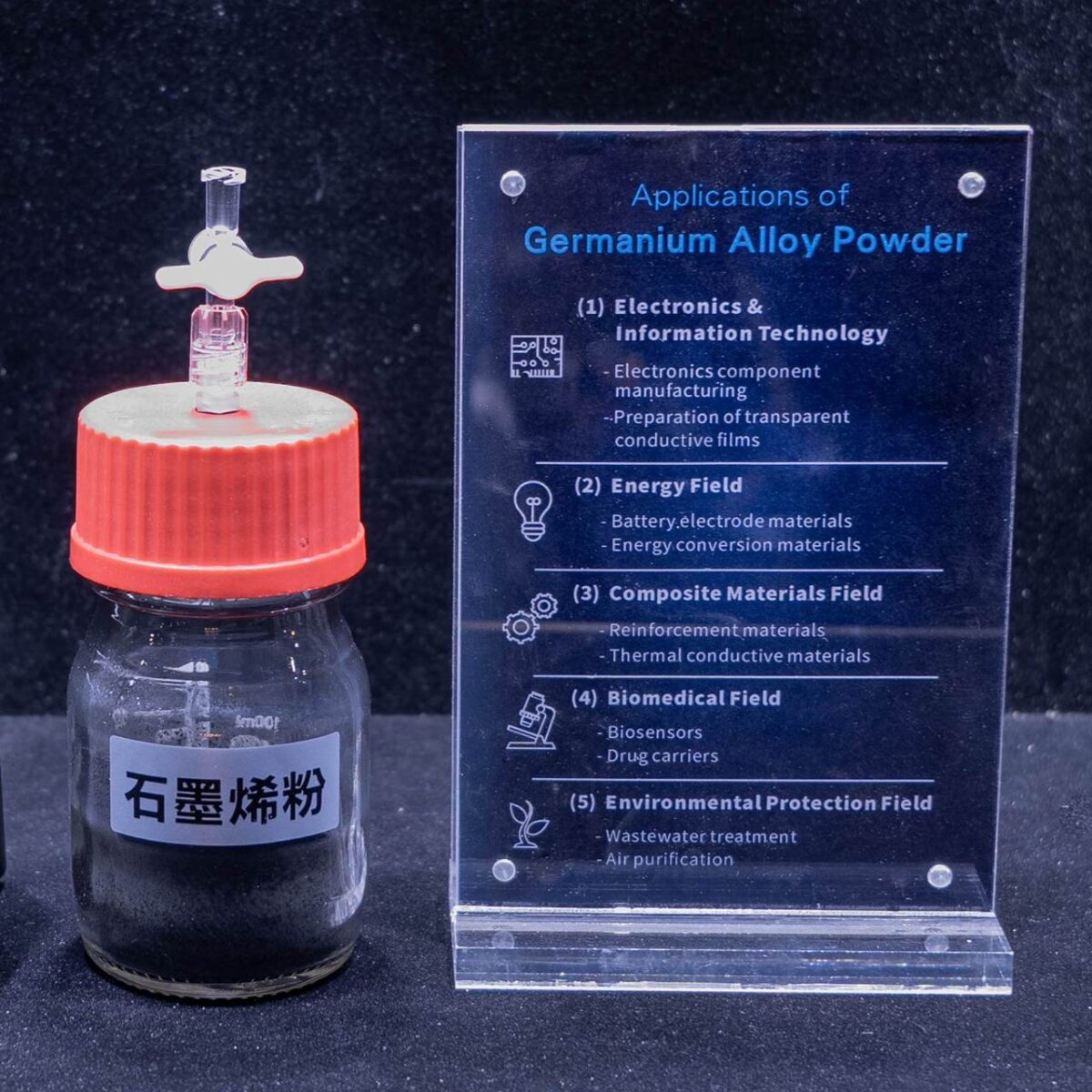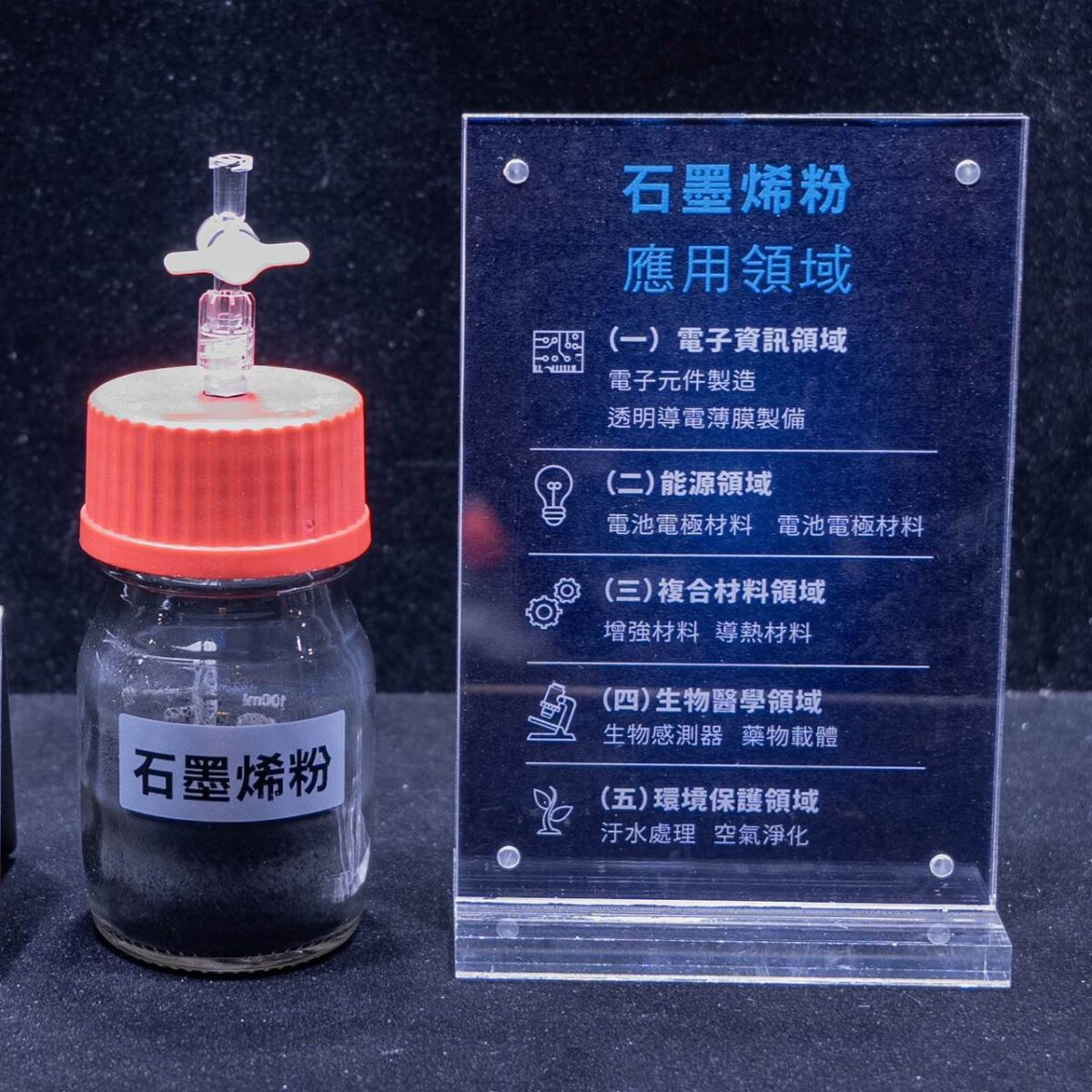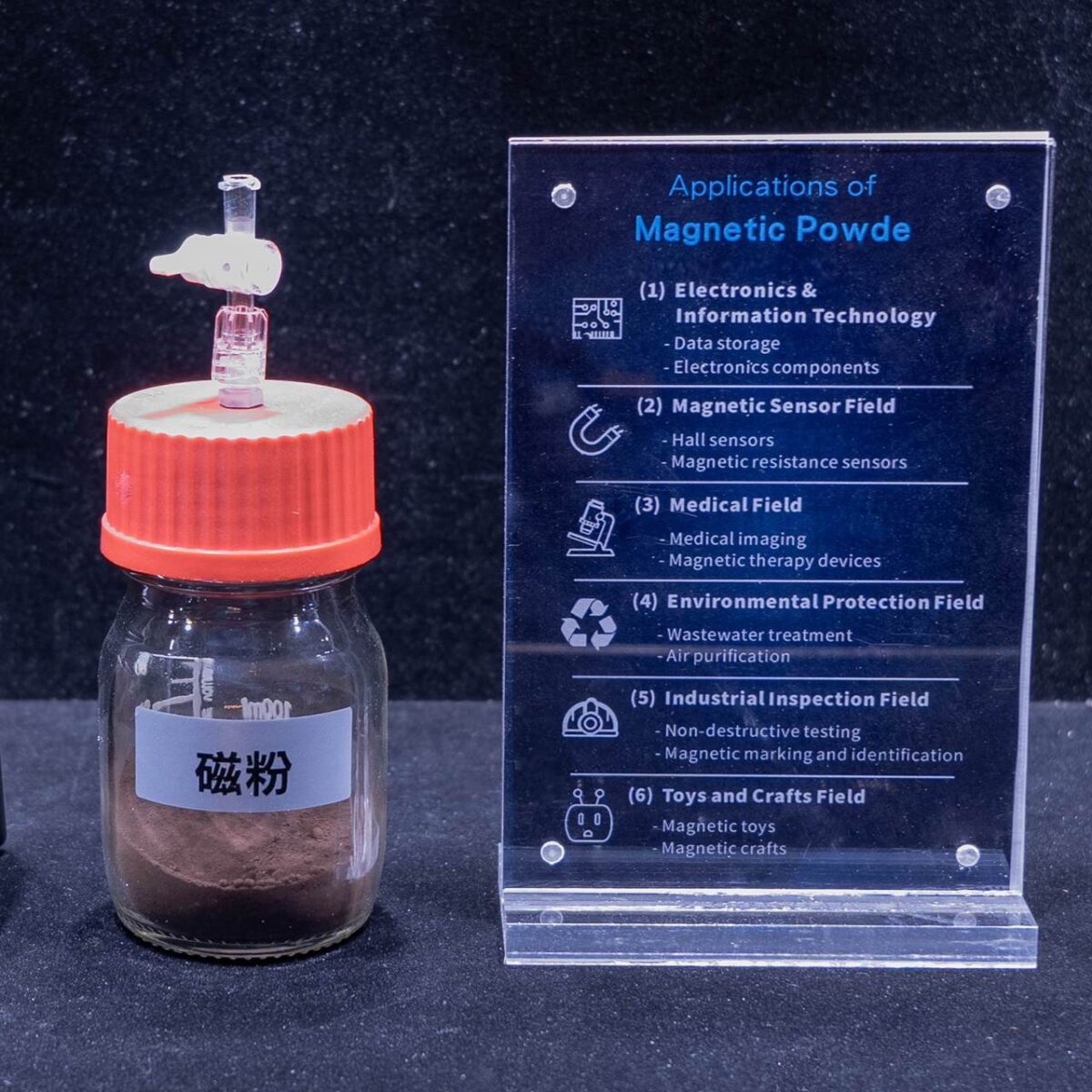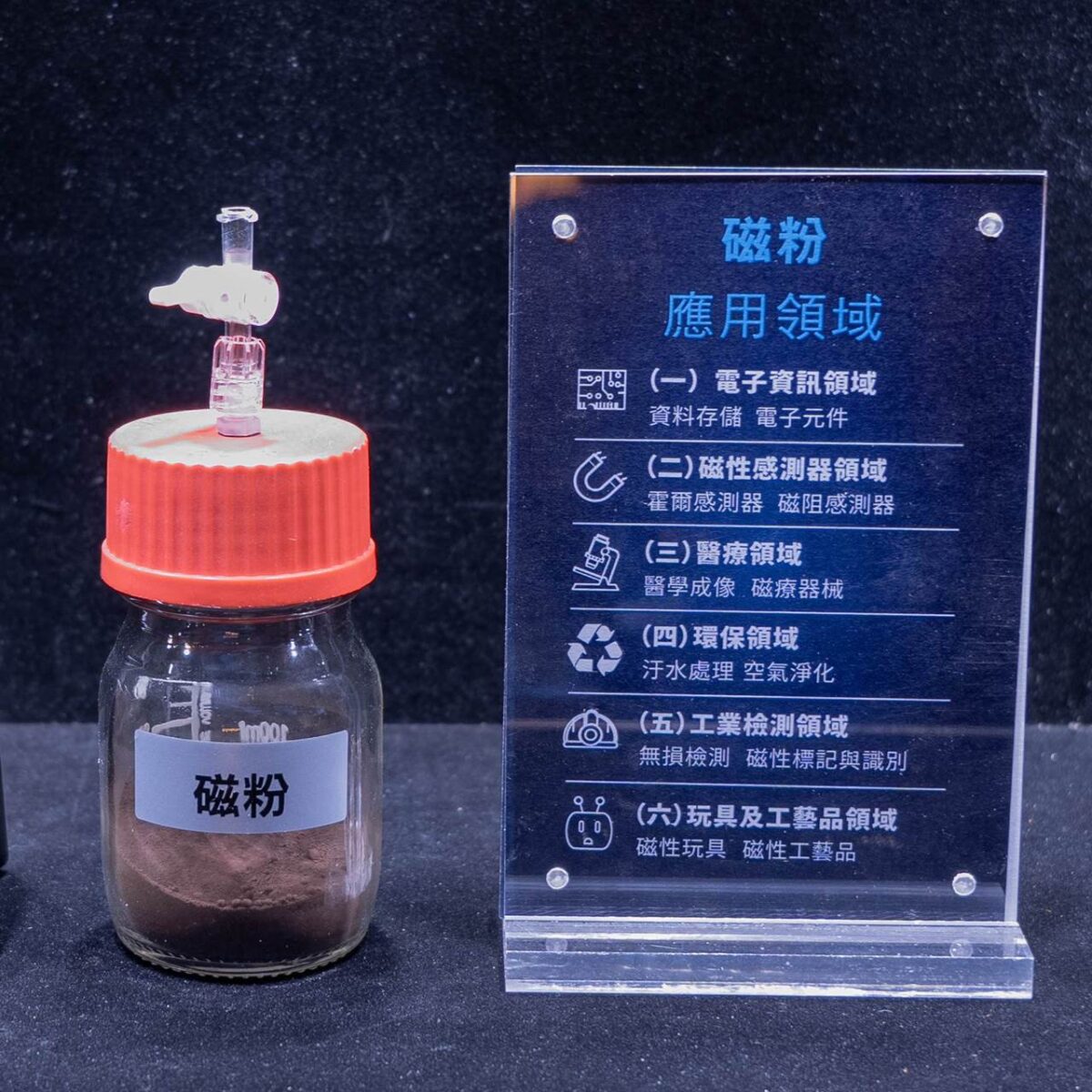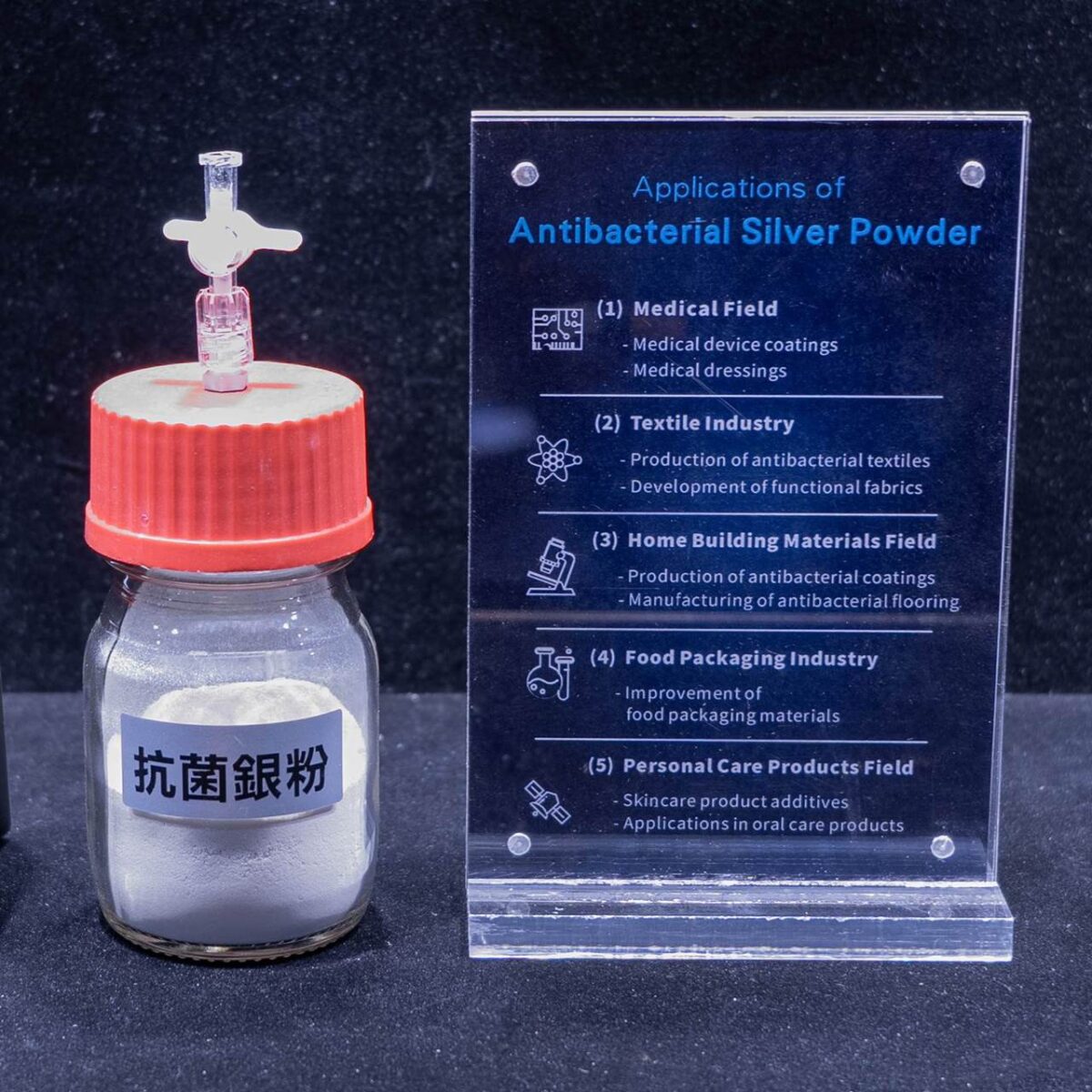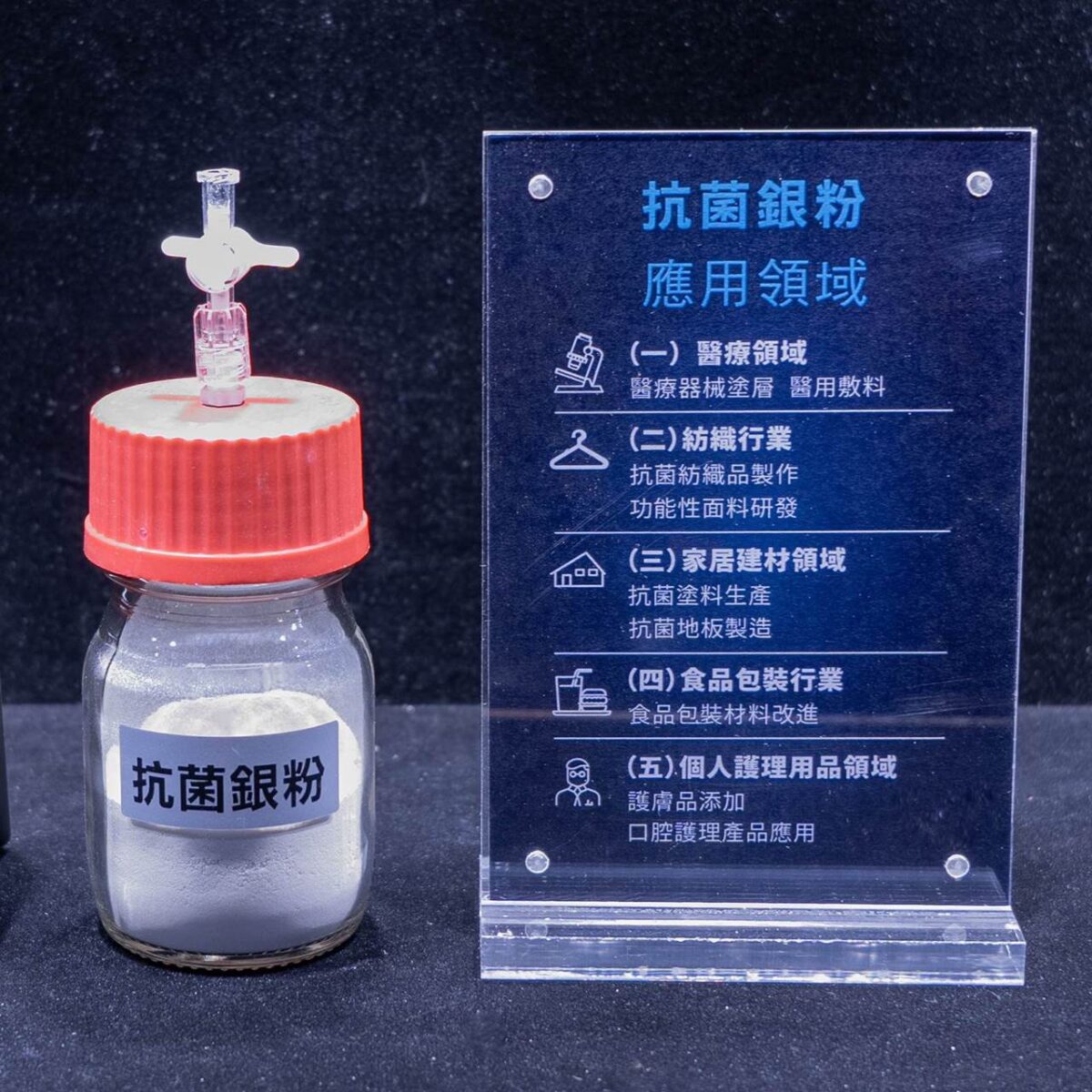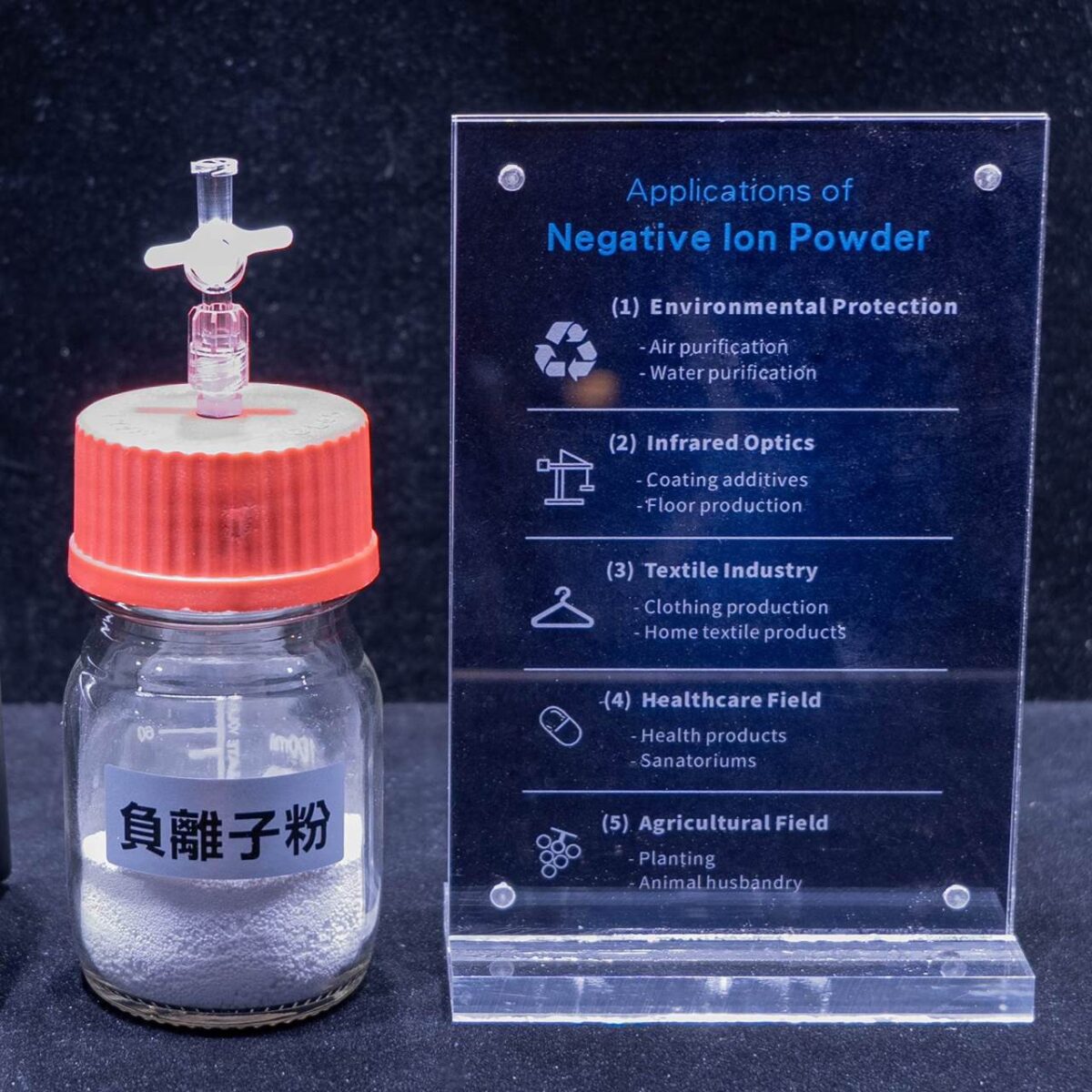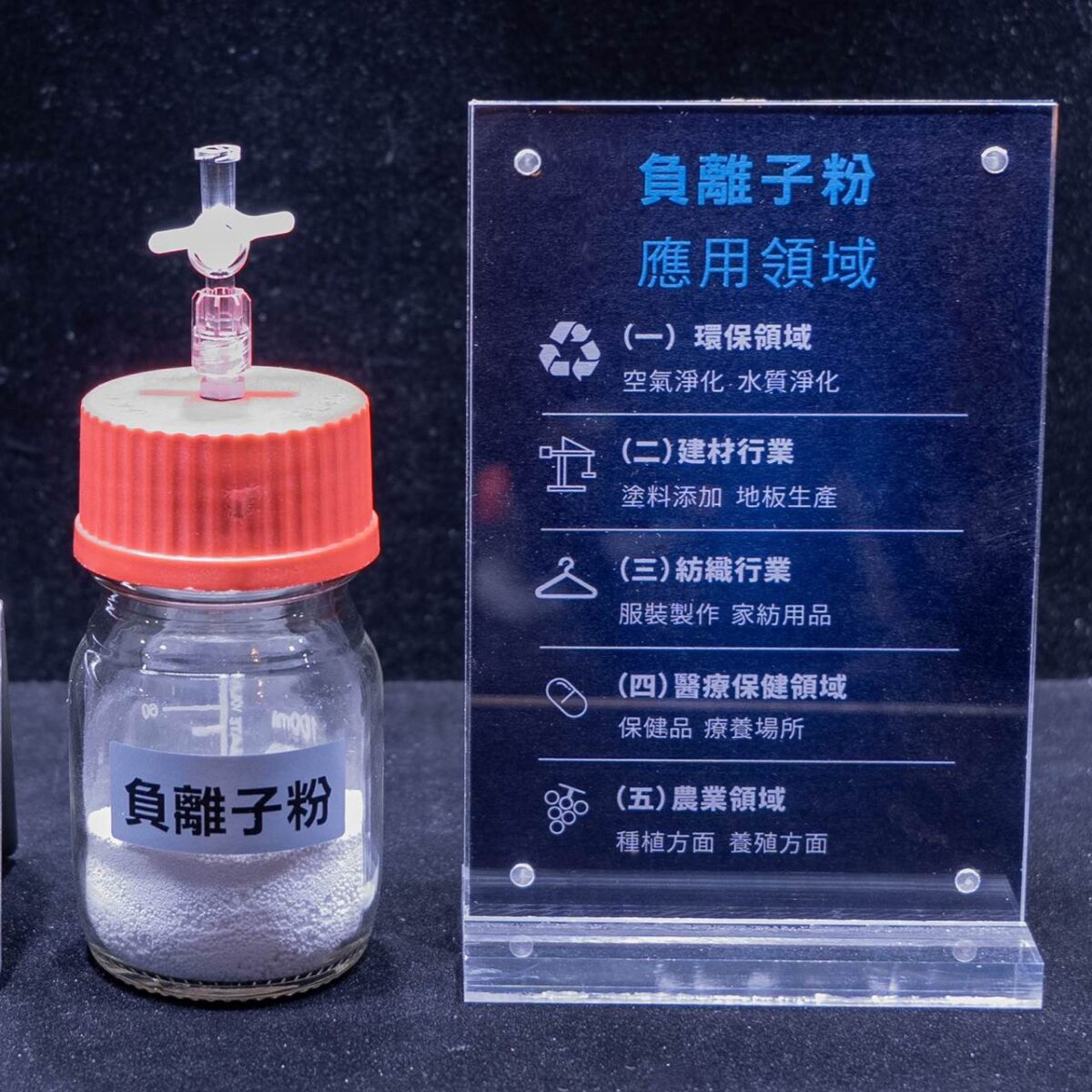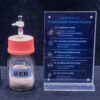Coconut Charcoal Powder
Water Treatment Field
Drinking Water Purification
Effectively removes organic matter, heavy metal ions, residual chlorine, and other pollutants from water, improving the quality of drinking water. It makes the water clearer, tasteless, and compliant with drinking water standards.
Industrial Wastewater Treatment
Exhibits good adsorption of organic pollutants such as dyes, pesticides, and chemical raw materials in industrial wastewater. It reduces the chemical oxygen demand (COD) and biochemical oxygen demand (BOD) of wastewater, ensuring it meets discharge standards before being released, thereby reducing environmental pollution.
Air Purification
Indoor Air Purification
Adsorbs harmful gases such as formaldehyde, benzene, and xylene, as well as odors and smoke, improving indoor air quality. It is commonly used in air purifiers, air conditioner filters, and other products in homes, offices, hotels, and similar settings.
Industrial Exhaust Gas Treatment
In industries such as chemical, pharmaceutical, and coating, it is used to adsorb organic solvents, acidic gases, and malodorous substances from exhaust gases emitted during production, reducing air pollution.
Food Industry
Oral Care Products
Agricultural Field
Soil Improvement
When added to soil, it improves soil structure, enhancing soil aeration and water retention. Its porous nature can also absorb nutrients in the soil, acting as a slow-release fertilizer, increasing fertilizer efficiency, and promoting plant growth.
Pest and Disease Control
It has a repelling effect on some pests, reducing their damage to crops. Additionally, coconut charcoal powder can absorb harmful substances in the soil, lowering the incidence of pests and diseases.

